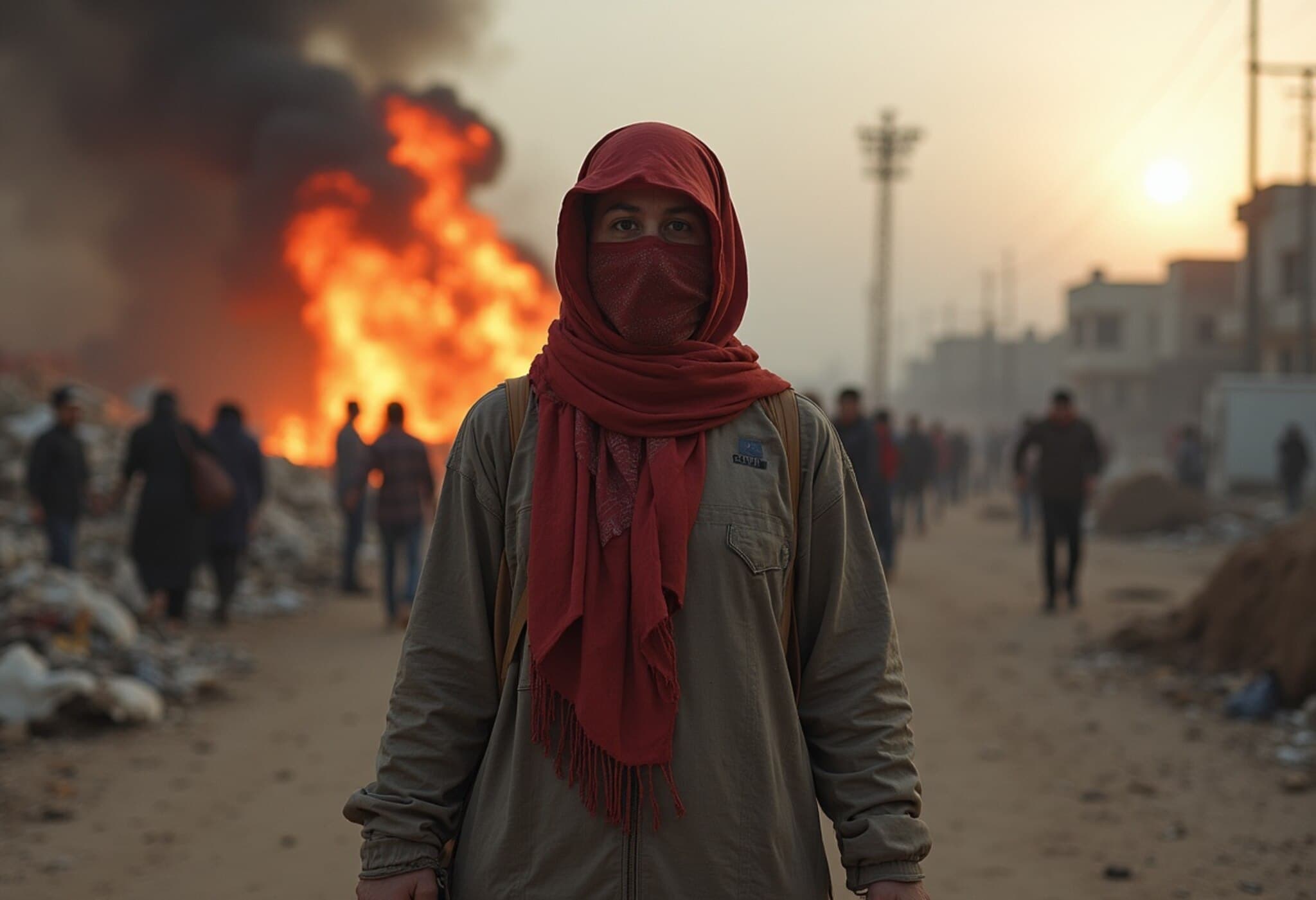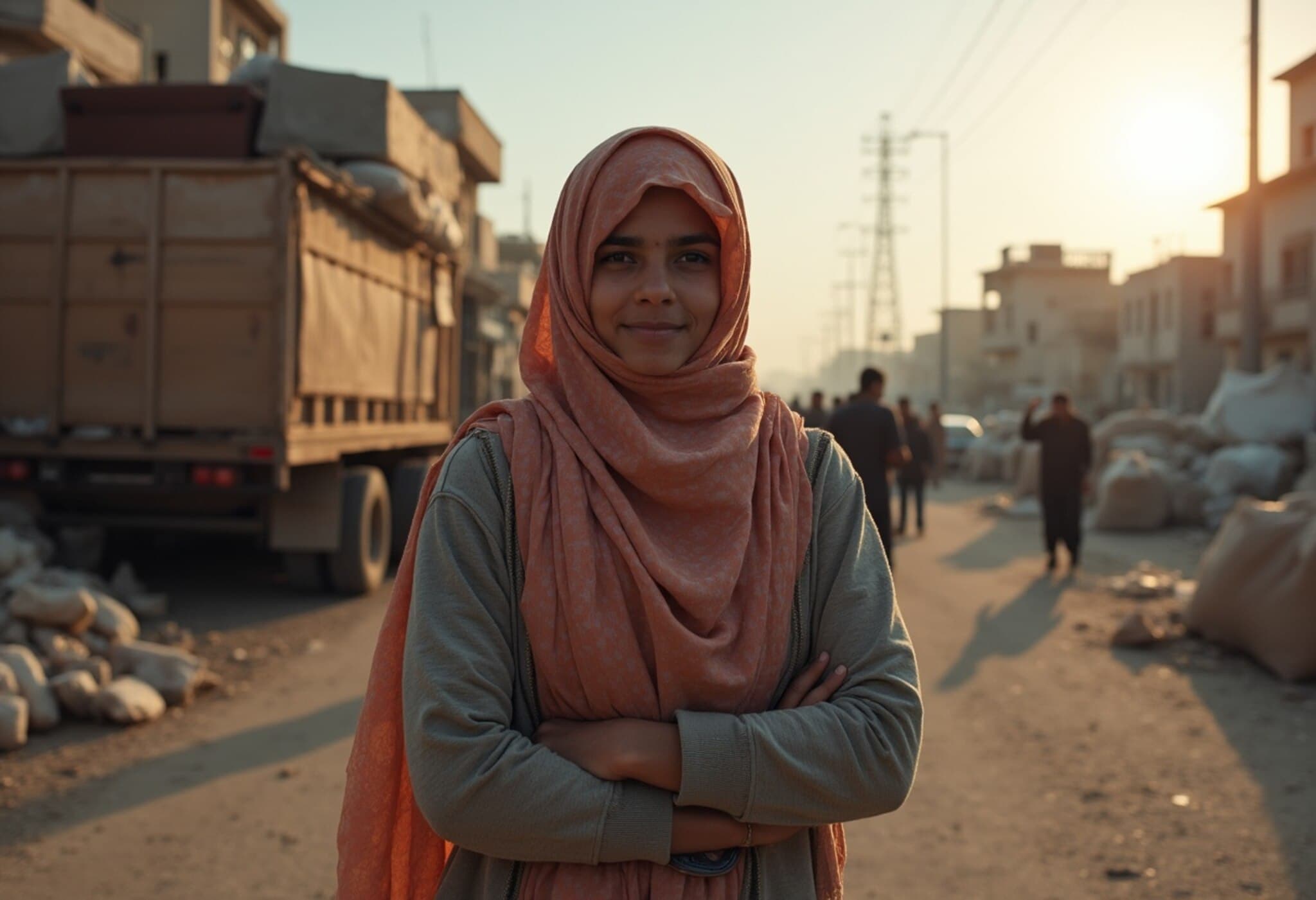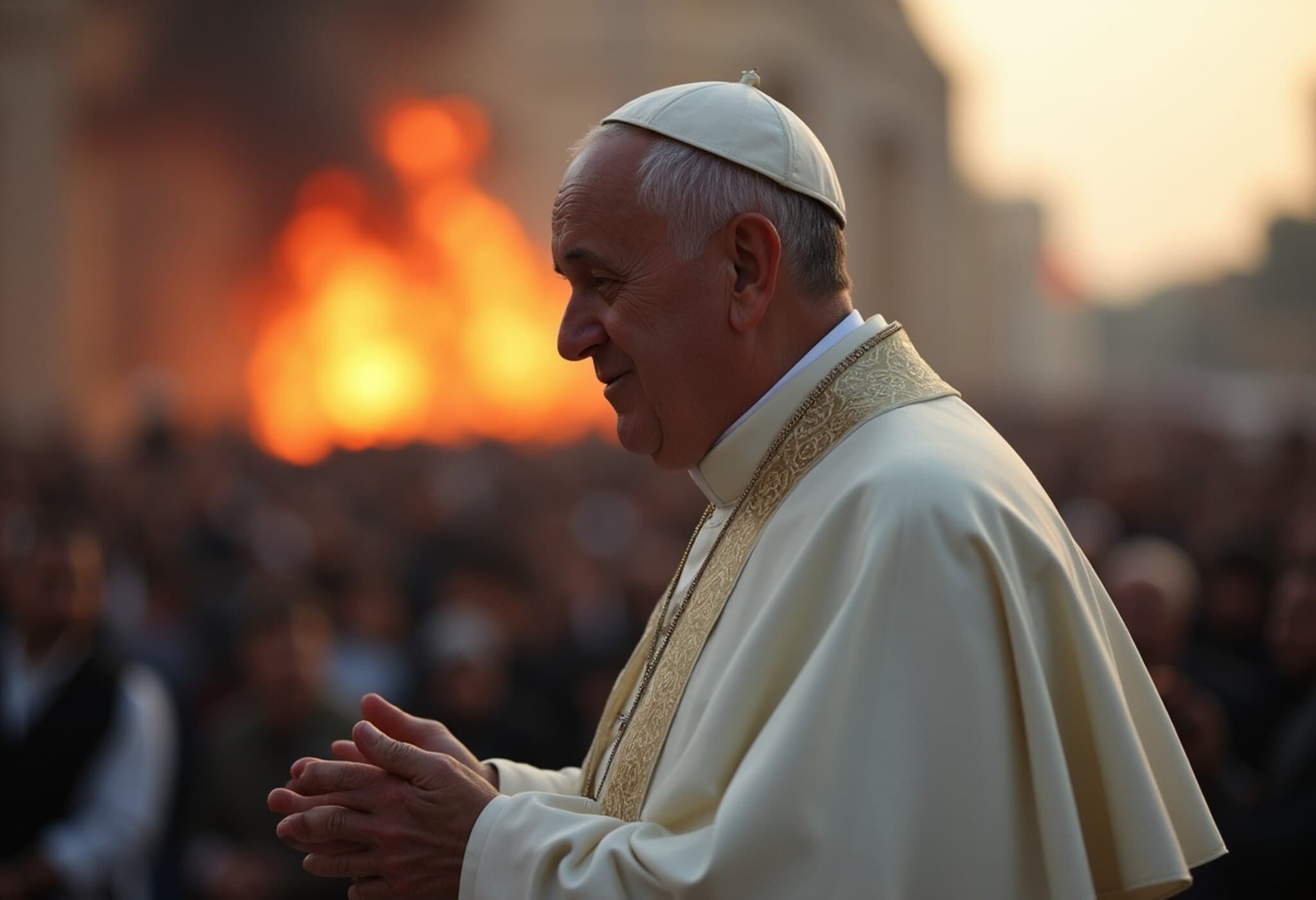Gaza’s Humanitarian Catastrophe Deepens: Starvation Claims Lives Amid Blockade
In a heartbreaking escalation of Gaza’s ongoing humanitarian crisis, the Hamas-run health ministry reported that at least 33 people have died from malnutrition in just 48 hours, most of them children. These numbers push the total starvation-related deaths to 101 since the Israel-Gaza conflict erupted in October 2023, with children tragically representing 80 of these fatalities.
UN Warns of Collapsing Aid Workers and Worsening Conditions
Philippe Lazzarini, head of the United Nations Relief and Works Agency (UNRWA) for Palestinian refugees, painted a grim picture during a press briefing in Geneva. He revealed that even humanitarian workers stationed in Gaza are succumbing to hunger and exhaustion, underlining the collapse of basic survival mechanisms inside the besieged region.
“Caretakers, including UNRWA colleagues in Gaza, are also in need of care now,” Lazzarini said. “Doctors, nurses, journalists, humanitarians, among them, UNRWA staff are hungry. Many are now fainting due to hunger and exhaustion while performing their duties.”
Describing Gaza as “hell on earth,” he emphasized that no place in the territory is truly safe amid constant bombardments and severe shortages.
Tragic Toll: Starvation, Violence, and Desperation
UNRWA estimates paint a devastating picture with around 1,000 people having died while seeking food aid since May’s end. Many victims have been shot during clashes or crushed in stampedes triggered by overwhelming desperation to access limited food supplies.
The Blockade and Aid Access: A Deadly Impasse
Following the collapse of ceasefire negotiations, Israel imposed a stringent blockade on Gaza on March 2, barring all food and humanitarian aid. Only a trickle of aid has been allowed since late May, insufficient to meet the needs of over two million residents in Gaza.
UNRWA officials emphasize that sufficient aid already sits in nearby warehouses to feed Gaza for more than three months; however, bureaucratic and security concerns have delayed and limited its distribution. Within Gaza, food prices have skyrocketed, reportedly increasing up to 40-fold, pushing families to the brink of survival.
Conflicting Narratives and the Human Cost
Israeli authorities maintain that humanitarian aid is permitted into Gaza and accuse Hamas of obstructing its distribution. However, aid agencies and ground reports challenge this narrative, citing inadequate aid flows and severe logistical hurdles that continue to imperil civilians.
Broader Context: International Implications and Moral Questions
This unfolding tragedy raises profound questions for policymakers and the global community alike:
- What responsibilities do occupying powers and international actors hold to ensure civilian protection?
- How can humanitarian corridors be guaranteed amidst ongoing conflict?
- What roles do diplomatic efforts play in alleviating such acute human suffering?
From an American and international policy perspective, the Gaza crisis underscores the urgent need for brokered peace efforts and humanitarian prioritization that transcend political gridlocks and military objectives. The long-term health and stability of the region depend heavily on sustained international engagement and innovative conflict resolution strategies.
Editor’s Note
The grim reality of Gaza’s hunger crisis is a stark reminder that beyond the headlines of conflict lie millions of civilians caught in a web of deprivation and despair. As the world watches, it is vital to amplify voices on the ground, support principled humanitarian diplomacy, and press for immediate measures that can save lives today while building pathways for peace tomorrow.
Who bears ultimate responsibility when aid is stalled and lives are lost? How can international actors effectively intervene without further exacerbating the conflict? These are questions warranting urgent reflection and action.














